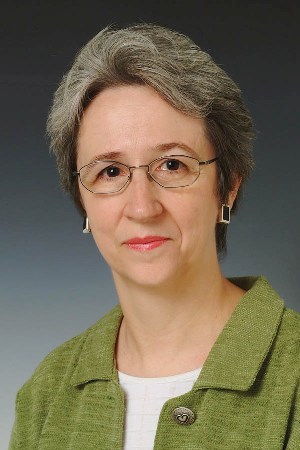Jul 12
17
The University of Missouri-Kansas City has received a five-year, $8.3 million grant from the National Institute on Aging, part of the National Institutes of Health, to study the relationship between osteoporosis (loss of bone density) and sarcopenia (loss of muscle mass) as people age. The research will be led by Lynda Bonewald, Ph.D., Curators’ Professor and director of the Bone Biology research program at the School of Dentistry, and conducted by a multidisciplinary team of investigators from UMKC’s Bone Biology and Muscle Biology research groups, part of the university’s Center of Excellence in Dental and Musculoskeletal Tissues.
“Osteoporosis and sarcopenia are major clinical problems in the nation’s aging population,” said Dr. Bonewald. “In many patients, these two conditions occur concurrently, posing serious health threats for the elderly — physical instability, susceptibility to falls and consequently to fracture, morbidity, and premature death.”
The UMKC research will focus on “endocrine crosstalk,” or how bone and muscle cells biochemically communicate with each other in health and disease. While current dogma assumes that the muscle-bone relationship is driven purely by mechanical factors, the UMKC investigators propose that bone can act, in effect, as an “endocrine organ” to control muscle physiology and disease. A reciprocal relationship may also exist between muscle and bone. Therefore, disease in either organ may have negative repercussions on the reciprocal organ through systemic endocrine factors. Dr. Bonewald believes this new line of research could potentially lead to the discovery of new therapeutic interventions for the prevention and treatment of bone and muscle diseases.

